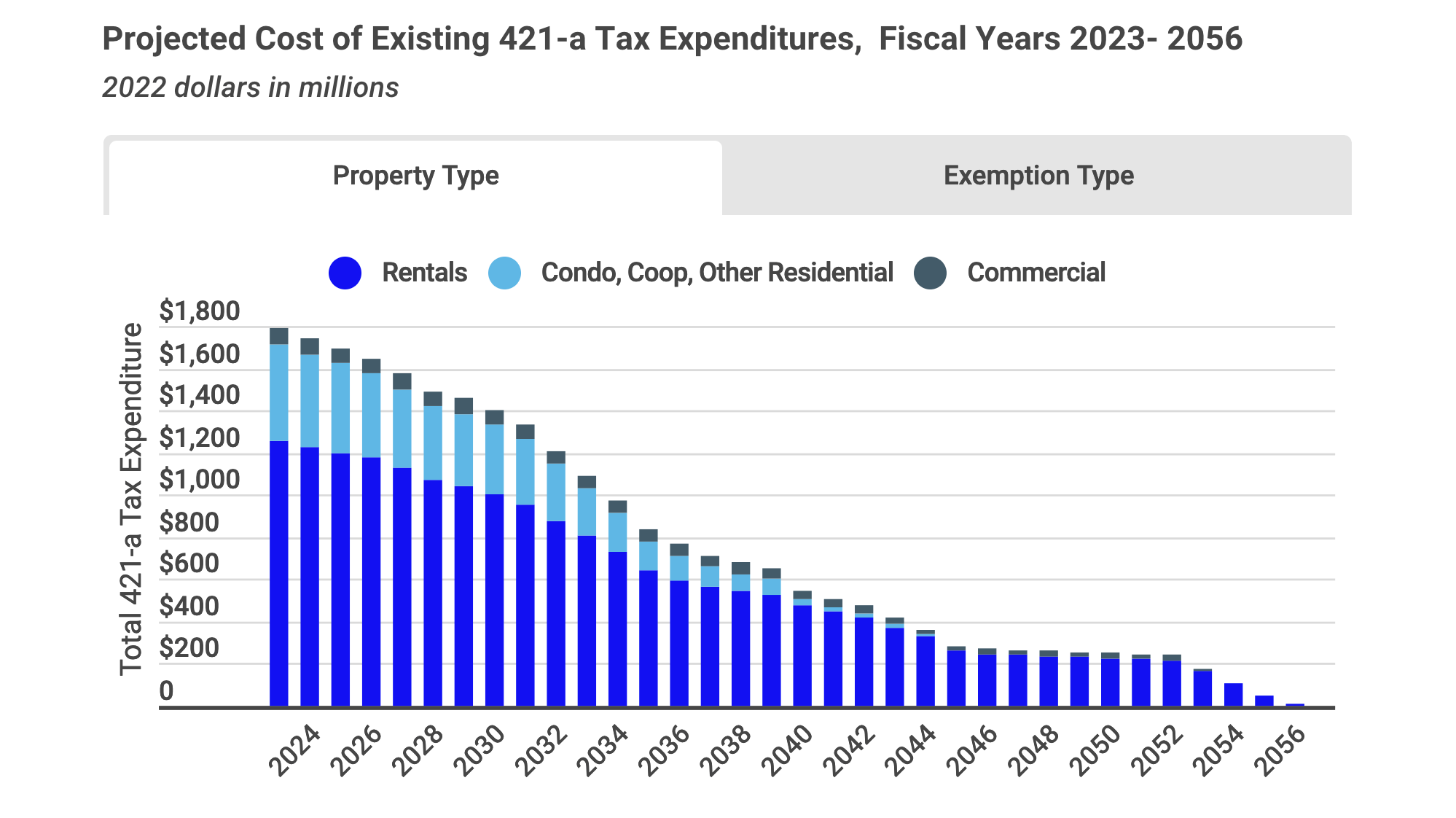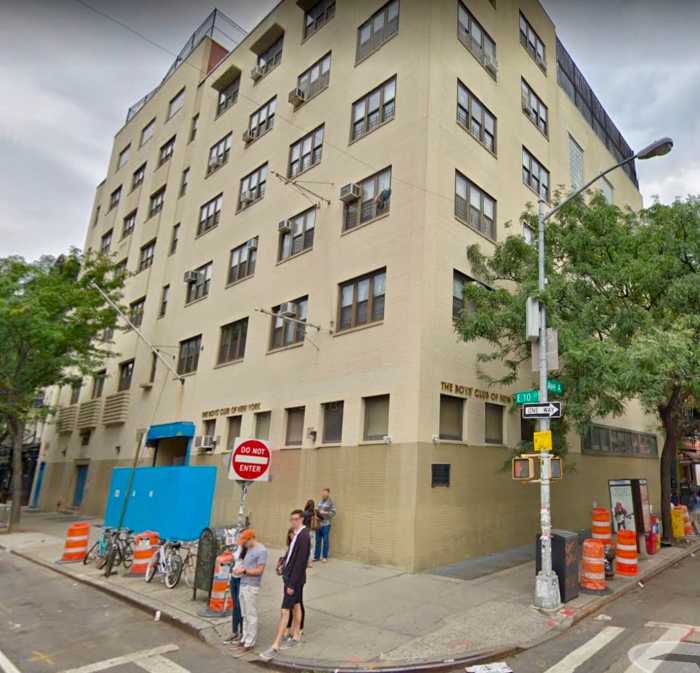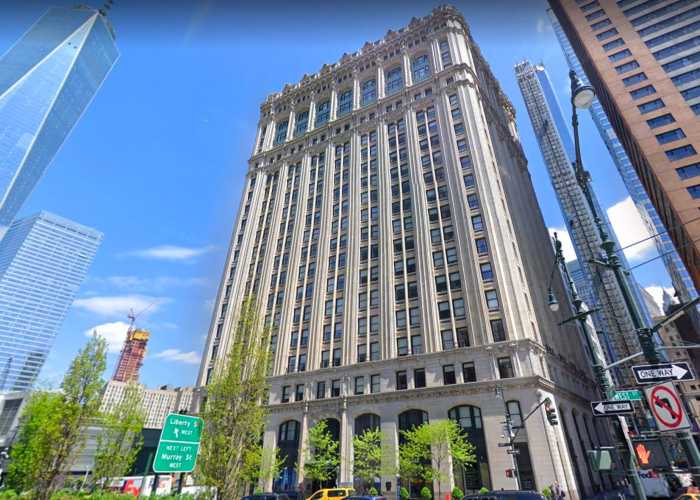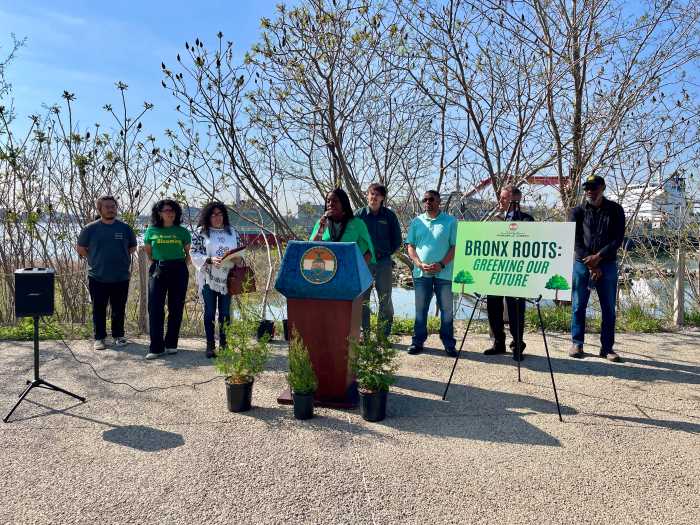The 421-a property tax exemption – which grants up to 35 years of property tax benefits to newly built multi-unit buildings – is set to expire on June 15 after the state legislature chose not to renew the program.
421-a is perceived as an incentive for city developers to build residential dwellings while receiving a break on their taxes, though housing advocates argue that its serves more as a tax shelter than a public good. Still, without the 421-a exemption, developers may not be as interested in building more residential spaces, potentially changing the trajectory of the real estate industry in the city.
Also known as the Affordable Housing of New York Program, the Independent Budget Office of New York City (IBO) estimates that existing 421-a exemptions will continue to cost the city significantly until fiscal year 2056. Properties in both Manhattan and Brooklyn will account for 83.5% of the total cost.

According to the IBO report released June 6, existing 421-a tax exemptions will cost the city over $1 billion from fiscal year 2023 to 2033, with the majority of the cost due to exemptions granted to rental properties, cooperatives, condominiums and other residential properties.
Additionally, some commercial properties also receive 421-a exemptions, but in small portions.
City Comptroller Brad Lander called for 421-a to be scrapped completely earlier this year, saying he wanted lawmakers to carry the burden of reworking the city’s property tax system.
“Let 421-a expire. Give ourselves a deadline — I propose the end of the calendar year — and work very hard … and let’s aim for comprehensive property tax reform,” Lander said. “It’s always going to be hard, but this would be a good time to try,” he added. “If we just warm over 421-a, the odds evaporate to almost zero that we’ll do it.”
Beginning in fiscal year 2041, all exemptions under the Affordable Housing New York Program will constitute the majority of the projected costs, and from fiscal year 2046 forward all costs will be from Affordable Housing New York.
From fiscal year 2023 to 2056, the existing 421-a exemptions will cost the city a projected total of $27.5 billion, when the last of the exemptions would cease.




































